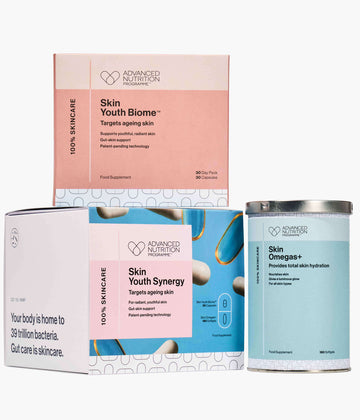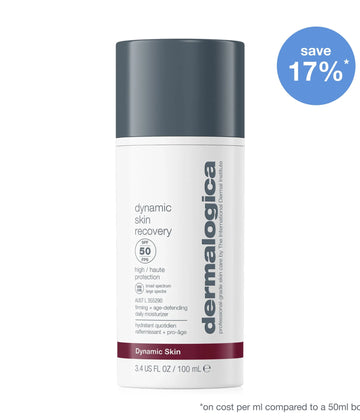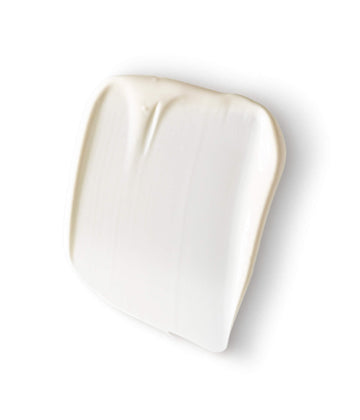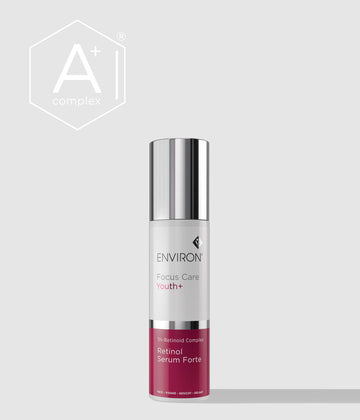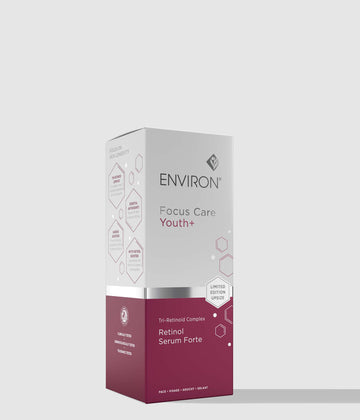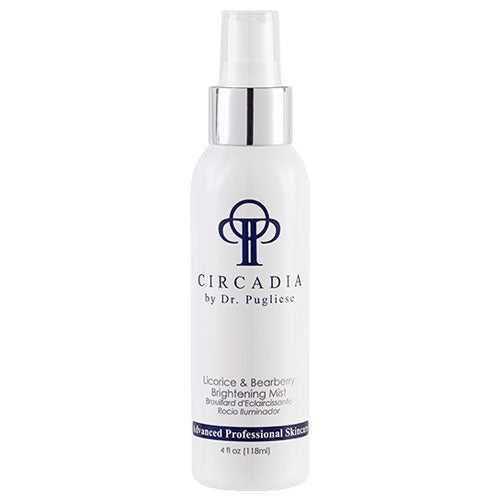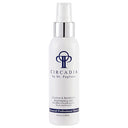Circadia
Circadia is a science-led professional skincare brand founded by Dr. Peter T. Pugliese, a pioneer in skin chronobiology. The line is built around the principle that the skin’s needs differ during day and night, and that treatment success depends on working with the body’s natural rhythms.
The range combines advanced peptide technology, innovative delivery systems, and botanicals to address ageing, pigmentation, acne and sensitive skin. In the clinic, Circadia protocols focus on repairing and protecting by day and stimulating repair at night, while its homecare extends professional results.
With an emphasis on education and ongoing research, Circadia partners with skin professionals worldwide to deliver evidence-based skincare that synchronises with the body for visible, long-lasting results.



